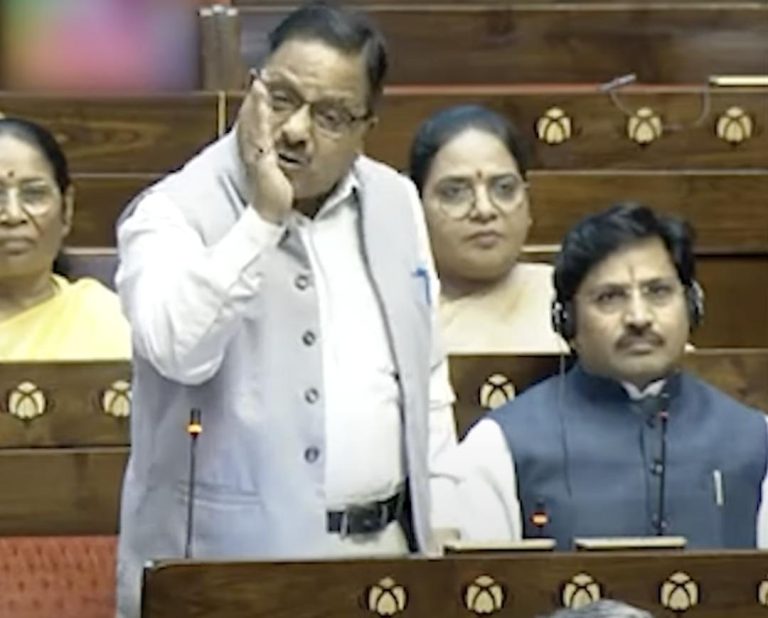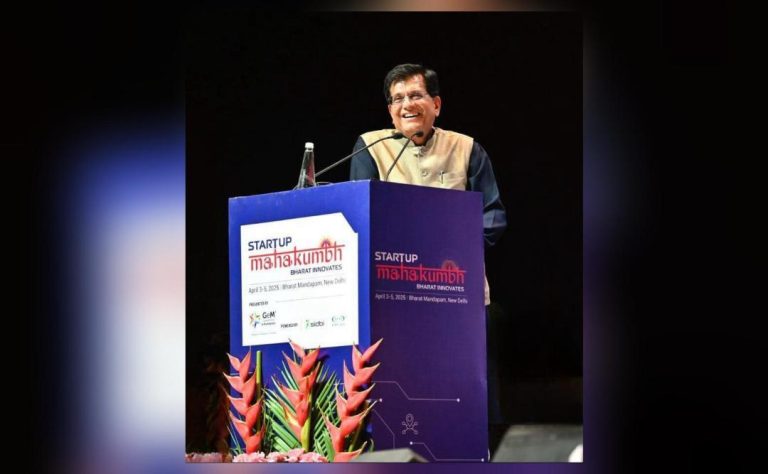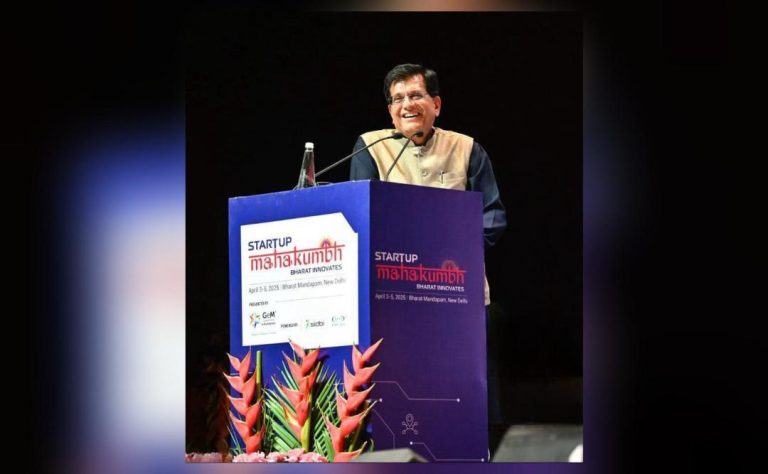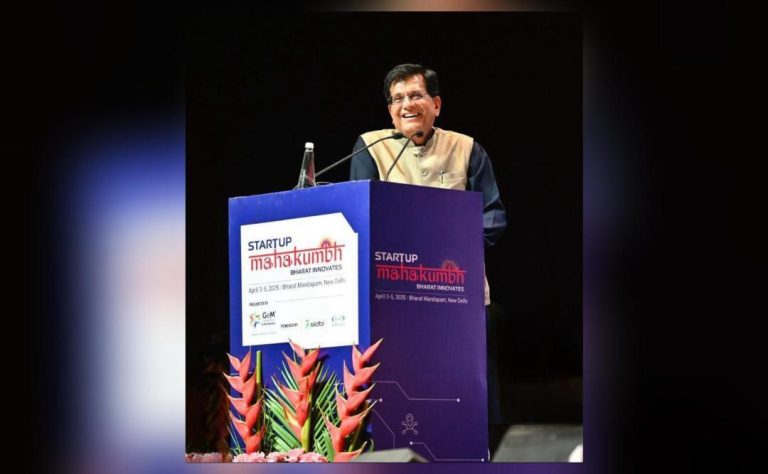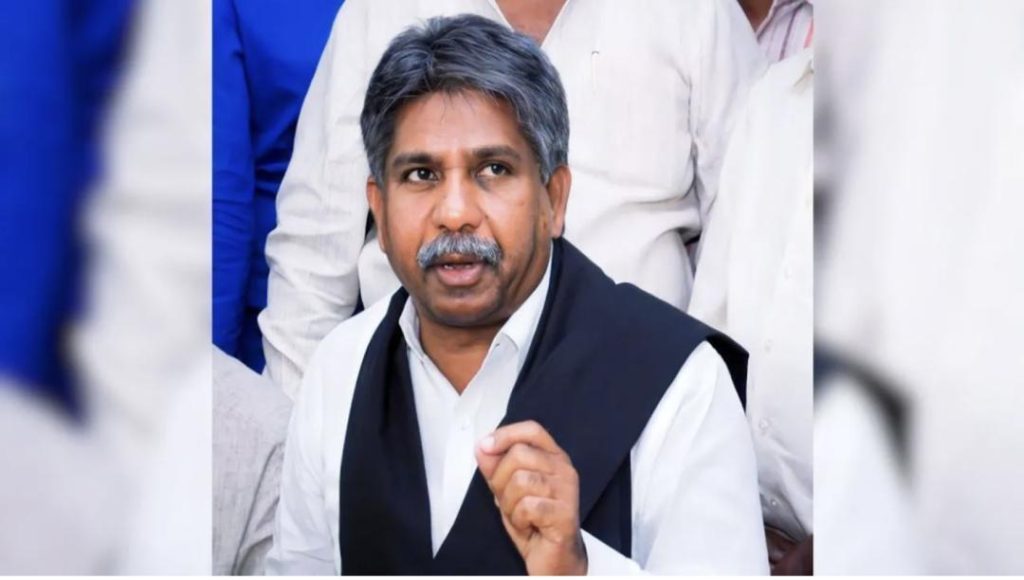
MRPS Founder Criticizes SC Sub-Categorization in Telangana
In a recent development, Manda Krishna Madiga, the founder of the Madiga Reservation Porata Samithi (MRPS), has criticized the sub-categorization of Scheduled Castes (SCs) in Telangana, claiming that it is an injustice to the Madiga community. This criticism comes in the wake of the one-man commission’s report on reservation redistribution in Telangana, which has sparked widespread debate and controversy.
According to the report, the commission has recommended sub-categorization of SCs, allocating 9% reservations for Madigas, which is lower than the 11% reservations demanded by the MRPS. The commission’s decision has been met with strong opposition from the Madiga community, who feel that their rights are being undermined.
Manda Krishna Madiga, a prominent Dalit leader, has been at the forefront of the struggle for Madiga rights. He has been demanding 11% reservations for Madigas, citing the community’s large population and historical marginalization. According to the 2011 census, the Madiga population in Telangana is approximately 32.33 lakh, which is a significant proportion of the total SC population.
Madiga’s criticism of the commission’s report is not without merit. The report’s recommendation of 9% reservations for Madigas is seen as an attempt to undermine the community’s rights and interests. The report’s logic is flawed, as it is based on the assumption that the SC population is homogeneous and that there is no need for sub-categorization.
However, this assumption is far from the truth. The SC population is diverse and comprises several sub-castes, each with its own unique history and experiences of marginalization. The Madiga community, in particular, has a distinct history and identity that is separate from other SC communities.
The commission’s report also fails to acknowledge the historical marginalization of the Madiga community. The community has been subject to discrimination and exclusion for centuries, and has been denied access to education, employment, and other opportunities. The report’s recommendation of 9% reservations for Madigas is a clear attempt to perpetuate this marginalization.
Madiga’s criticism of the commission’s report is not limited to the report’s recommendation of 9% reservations for Madigas. He has also criticized the report’s methodology, which is flawed and biased. The report’s authors have relied heavily on flawed data and have ignored the testimony of Madiga leaders and activists.
In conclusion, the sub-categorization of SCs in Telangana is a flawed and biased process that is designed to undermine the rights and interests of the Madiga community. The commission’s report is a clear attempt to perpetuate the marginalization of the Madiga community, and its recommendation of 9% reservations for Madigas is a clear injustice.
Madiga’s criticism of the commission’s report is a call to action for the Madiga community and other SC communities to demand their rights and fight against discrimination and exclusion. The struggle for justice and equality is far from over, and it is up to the community to continue fighting for their rights and interests.

